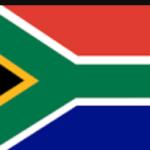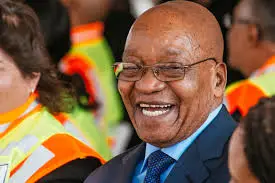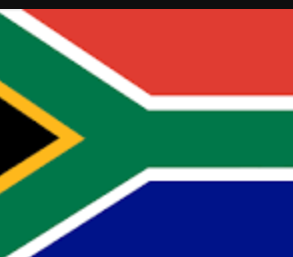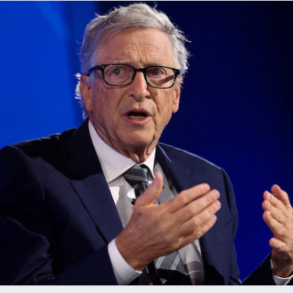South African court on April 9, 2024, allowed former president Jacob Zuma to run in May’s general elections, overturning a decision by electoral authorities barring him over a previous conviction.
The electoral court ruled in favour of Zuma, 81, who is fronting Mkhonto (MK), a new opposition party that has become a dark horse in the election race.
“The decision of the Electoral Commission… is set aside,” the court wrote in its ruling.
It did not provide an explanation of how the verdict was reached.
Read Also: Activist Calls For Pro-activeness Amongst Operatives Of Anti-graft Agencies
South Africa is to hold general elections on May 29 in what is expected to be the most competitive vote since the advent of democracy in 1994.
Zuma’s ability to stand for office could prove a key factor.
Banking on his popularity, MK is expected to cut well into the vote share of the already embattled ruling African National Congress (ANC) — the ex-president’s former political home.
This could precipitate the ANC towards its worst result in three decades, seeing it drop below 50 percent of the vote.
Short of a parliamentary majority, it would be forced to seek coalition partners to remain in power.
Successful Appeal
The electoral commission had earlier excluded Zuma from the contest, arguing that the constitution bars anyone convicted of an offence and sentenced to more than 12 months imprisonment.
Zuma was sentenced to 15 months in jail in June 2021 after refusing to testify to a panel probing financial corruption and cronyism under his presidency.
Defiant Zuma snubs South African anti-graft panel, again. But his lawyers successfully argued that the provision did not apply to their client.
On Monday, they told the court the sentence did not disqualify the veteran politician as it followed civil rather than criminal proceedings and it had been shortened by a remission.
The ruling comes with the ANC struggling in the polls amid a weak economy and allegations of corruption and mismanagement.
Some opinion polls put MK at above 10 percent nationwide, a share that would make it the third or fourth political force behind the ANC and the liberal Democratic Alliance.
The party is projected to make a particularly strong showing in the battleground region of KwaZulu-Natal — Zuma’s home province.
It largely relies on the considerable political clout still wielded by Zuma, who despite scandals and graft allegations is still popular, particularly among the country’s more than 10 million Zulus.
South Africans will be voting for a new parliament, which in turn will elect the president.
Credit: AFP








